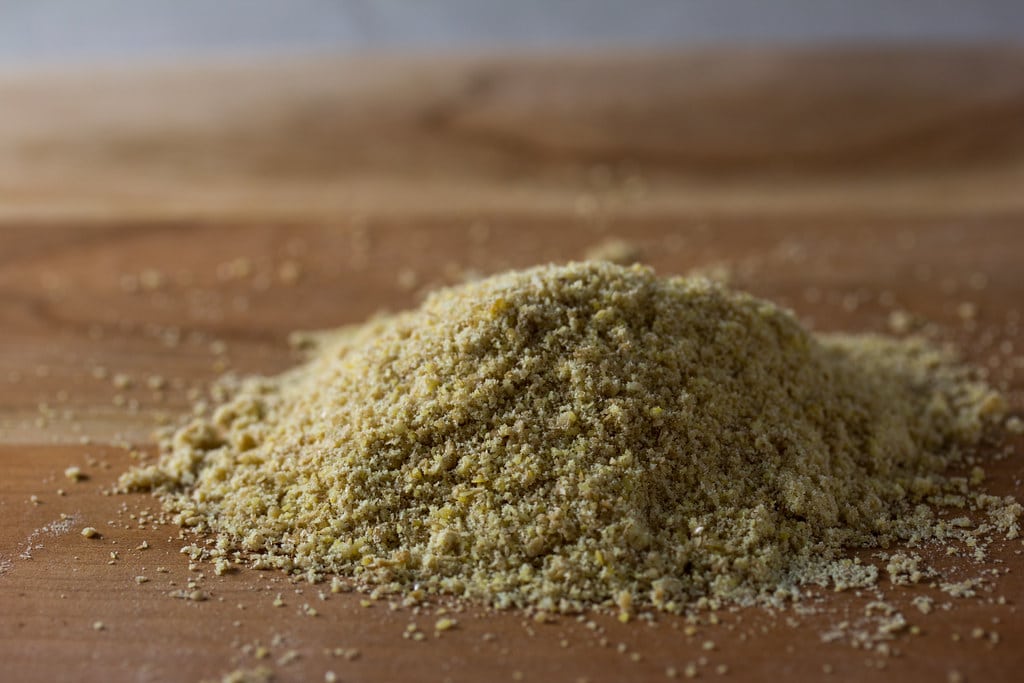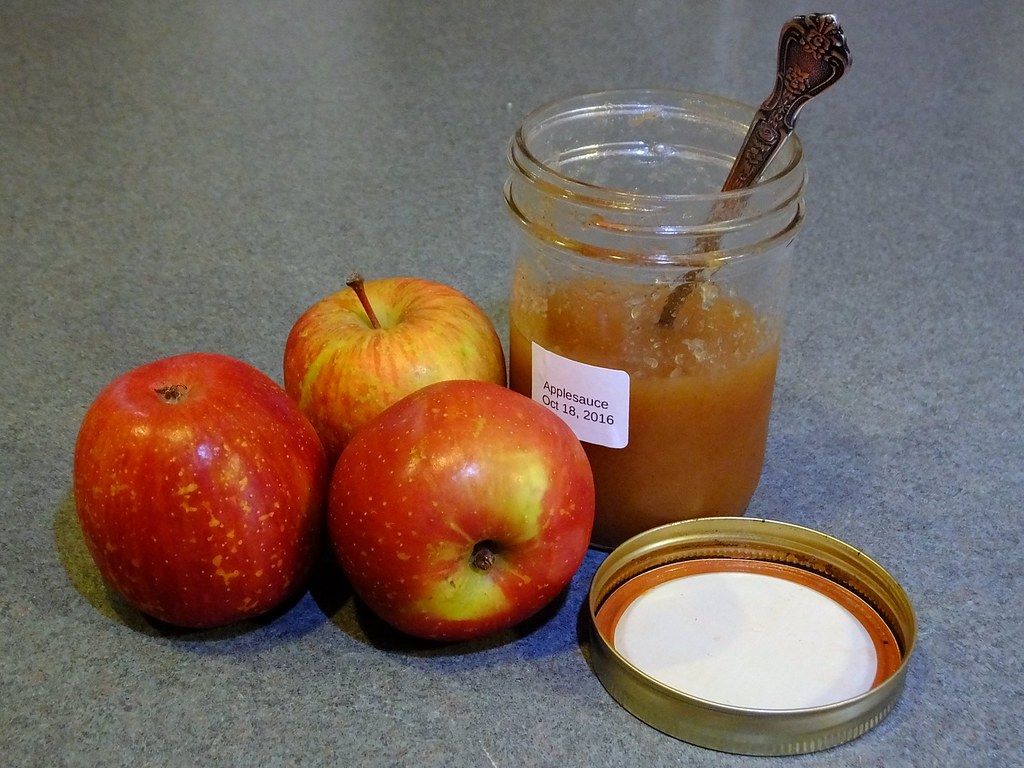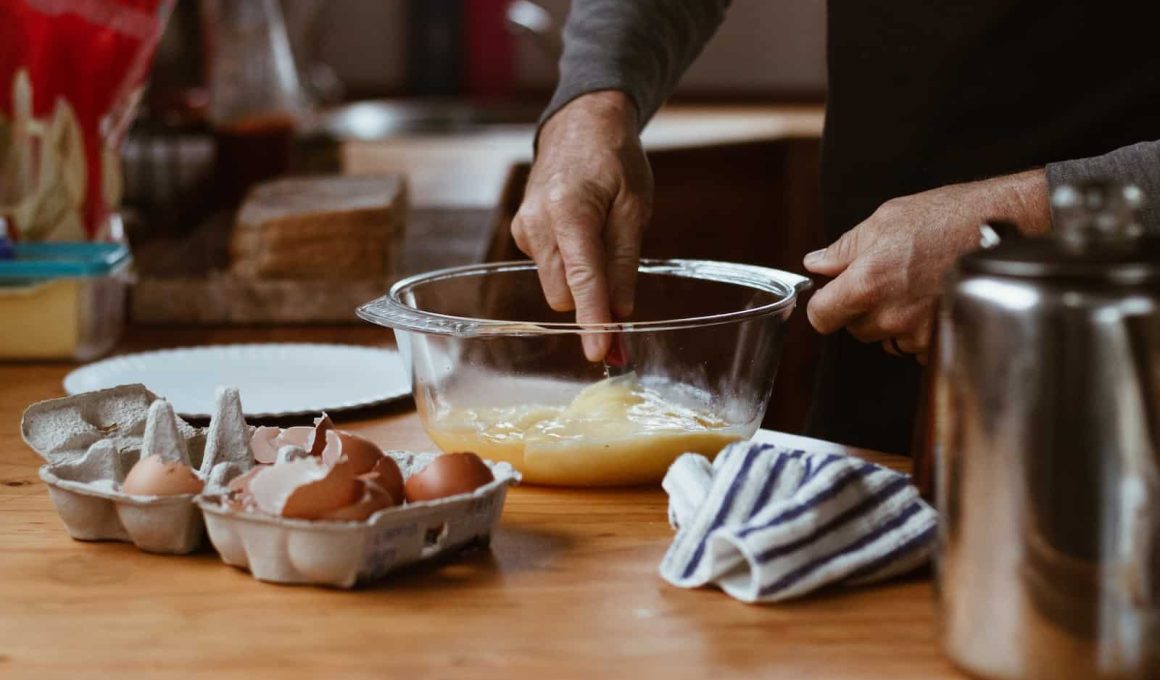Eggs are a necessary ingredient in baking and act as the binding agent in quick breads, muffins, and cakes.
But what if you want to create muffins but don’t have any eggs, are vegan, have an allergy or aversion, or just run out of eggs? Every home cook should keep simple egg substitutes for baking on hand.
We evaluated eight potential egg substitutes for baking, the most common household items, to see how they fared.
While all of these egg substitutes for baking are functional, you can still use any of them to make muffins, pancakes, or quick pieces of bread.
Some of them outperformed the others.
1. Aquafaba

This is the first on our list of egg substitutes for baking. The liquid from cooked beans or from a can of beans is known as aquafaba.
Because of how closely its mixture of proteins, carbs, and other soluble plant solids resembles eggs, it is a well-liked egg substitute: It is possible to emulsify, froth, bind, gelatinize, and thicken with aquafaba.
We used aquafaba from canned chickpeas for testing, and while it had no flavor of its own, it made the muffins chewy and dry. We didn’t like it as much as the other stand-ins.
2. Ground Flax Seed

Ground flaxseed should be combined with water to make a “flax egg,” which should then be allowed to thicken for about five minutes before being used as an egg would.
The mixture was much thicker when we used flax seed eggs to make muffins than it was when we used other egg substitutes, and the muffins themselves were denser and tasted slightly green.
3. Chia Seed

Still on egg substitutes for baking. Chia seeds must be soaked in water first, just like flax seeds, before being added to the muffin batter.
Chia seeds supplied texture to the completed muffin, similar to poppy seeds, but not flavor like flax seeds did.
Despite the additional crunch, muffins made with chia seeds have a light, delicate feel.
4. Arrowroot Powder

The South American tuber arrowroot is used to thicken liquids in pies, gravies, and other dishes.
The arrowroot is combined with water to create a slurry, which is added to the muffin batter as an egg substitute.
The arrowroot added extra sweetness to this straightforward muffin recipe, making the muffins slightly dry.
5. Applesauce

It served as one of the simple egg substitutes for baking and gave the muffins a little chewy but still moist texture.
The muffin tops did not become as crisp when baking. A sweeter muffin with a hint of apple flavor resulted from using applesauce.
6. Mashed Banana

This is the next on our list of egg substitutes for baking. Similar to how applesauce may be used in place of eggs in most baking recipes, mashed bananas can also be.
A banana flavor is noticeable when baking a straightforward vanilla muffin with bananas.
The muffins were a touch gummy compared to other muffins because of the bananas’ added carbohydrates.
Conclusion
When substituting eggs in a baking recipe, careful attention should be paid to whether the replacement has the same moisture, protein, and fat content as a big egg.
To ensure that the final baked dish still tastes wonderful, egg substitutes for baking must support the other ingredients, sugar, flour, and butter, without dominating them.









